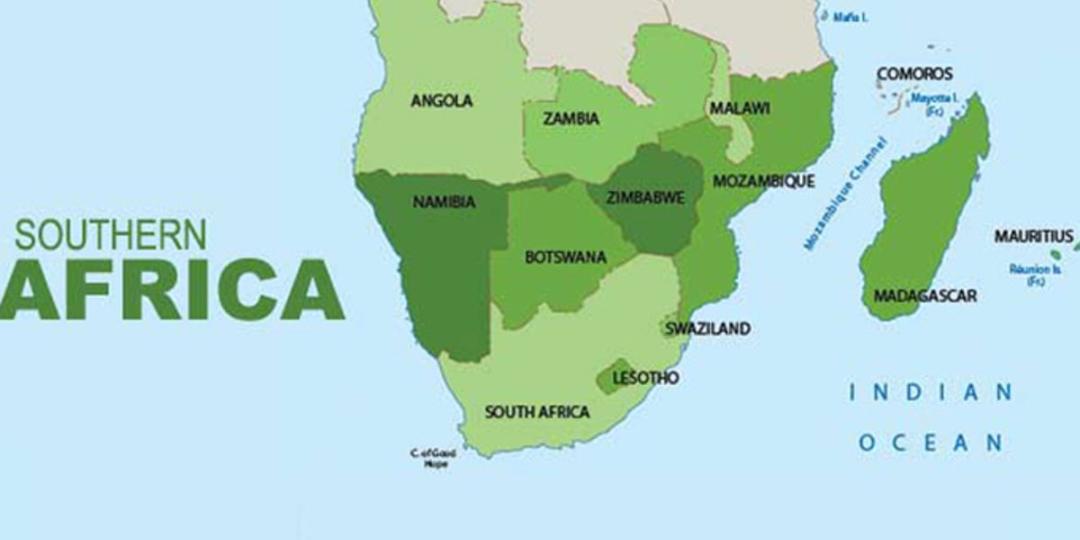As South Africa entered Level 4 of the COVID-19 framework for the risk-adjusted strategy on May 1, many other southern Africa countries have instigated similar strategies in an effort to revive their economies.
Namibia
Air Namibia is set to resume domestic operations from May 6. This comes after President Hage Geingob announced a four-stage strategy for Namibia to exit its COVID-19 lockdown. Stage two of the lockdown will be implemented from May 5 until June 1.
Namibia’s national carrier will operate domestic flights from Eros and Windhoek to Ondangwa. Air Namibia will also resume flights between Rundu, Katima Mulilo, Lüderitz, Oranjemund and Walvis Bay.
Stage two of Namibia’s lockdown includes allowing Namibians to re-enter the country subject to screening at points of entry and supervised quarantine for 14 days. Face masks must be worn in public spaces.
Seychelles
Seychelles has also partially lifted restrictions due to the COVID-19 pandemic, with the first group of employees resuming work on May 4.
Principal Secretary of the Ministry of Employment, Jules Baker, said different groups of people would go back to work on a transitional basis.
“On May 4, there will be a category of people going back to work – those working in offices, shops, retail-home deliveries, food outlets, restaurants, mobile units, spas, hairdressers and barbers, postal services, fishing industry, construction and tourism activities.
“On May 11, another group will start work as day-care and childminding services will resume. Working parents will be able to go back to work," said Baker.
Malawi
As African countries prepare to ease restrictions, in Malawi the lockdown planned to be implemented on April 19 has been barred by Malawi’s High Court.
The Human Rights Defenders Coalition argued that the government had failed to announce any measures to cushion the poor and vulnerable from the effects of the lockdown.
The High Court had initially placed a temporary block on the stay-at-home order for seven days but it has since been extended by a further five days. The case has been referred to the Malawian Constitutional Court.
In a TV address to the nation on April 28, President Peter Mutharika announced an emergency relief fund for 172 000 households, with a monthly US$50 grant for six months beginning in May. Mutharika and his Cabinet will contribute part of their salaries to the fight against COVID-19.
























